Although more time is needed to monitor, according to analysts, the expected outstanding balance of debt restructured due to the impact of Typhoon Yagi will be small. Therefore, potential bad debts from debt restructuring policies will not be a concern.

The State Bank of Vietnam is seeking opinions from organizations and individuals on the Draft Circular regulating the restructuring of debt repayment terms by credit institutions and foreign bank branches to support customers facing difficulties due to the impact and damage of storm No. 3 (storm Yagi).
According to the draft, banks are responsible for reviewing and deciding that borrowers are actually having cash flow difficulties, to meet due payments and that borrowers can stabilize and make payments by the end of the restructuring period.
This applies to debts made before September 7, 2024, with principal and/or interest payments due between September 7, 2024 and December 31, 2025.
These loans must be active (i.e., standard or no more than 10 days past due) under the original loan agreement.
Target debts can be extended for payment multiple times, up to a maximum of 12 months from the restructuring date (but no later than December 31, 2026).
In the first half of 2024, the banking industry will face increasing pressure on bad debt. However, this restructuring policy is not expected to increase bad debt pressure on the banking industry in the near future.
In a recent report, FiinGroup Joint Stock Company stated that Typhoon Yagi disrupted business operations in these provinces, negatively affecting credit quality, leading to difficulties in debt repayment and challenges in securing new loans.
In response, many banks have reduced interest rates by 0.5 - 2% for individuals and businesses affected by the storm to help customers recover and stabilize their business operations.
In addition to the interest rate reduction program, the State Bank is likely to implement additional support measures such as extending loan terms, deferring interest payments, and restructuring loans.
FiinGroup believes that the estimated impact of these support programs on banks’ interest income and profits will be relatively small. Although the banking industry will be directly affected by profit margins, it is expected to last only 1-2 quarters with a slight decrease of about 1%. This will not have a significant impact on the entire market.
Experts from Maybank Investment Bank believe that the expected debt balance (affected by Typhoon Yagi) to be restructured will be small, so potential bad debts will also be small.
In fact, according to the State Bank's estimate, the total outstanding debt affected by Typhoon Yagi is about VND 165,000 billion (USD 6.6 billion), equivalent to 1.16% of the entire system's credit (as of mid-September 2024).
For comparison, the outstanding debt that has been restructured under Circular 02 (applicable to loans affected by the 2022-2023 economic recession, which is more severe and has a far-reaching impact) has reached about VND230,000 billion, accounting for about 1.64% of total credit (as of the second quarter of 2024).
In a newly published banking industry report, Vietcombank Securities Company (VCBS) also forecasts that bad debt due to the impact of storm Yagi will be at a low level.
According to VCBS, although more time is needed for assessment, bad debt on total outstanding loans affected will be low and will be reflected next year according to the State Bank's direction for commercial banks on flexibility in debt collection activities, temporary debt forgiveness, debt deferral/extension, and interest reduction for loans due.
In the future, VCBS also forecasts that the bad debt ratio of the entire banking industry will cool down following the recovery trend of the economy in general. Bad debt will have a differentiation in asset quality among banks.
“Banks with good asset quality will record bad debts and restructured debts at a moderate level. Banks with a high proportion of corporate credit, including corporate bonds, and a low bad debt coverage ratio may face bad debt risks and increased provisioning pressure in 2024-2025,” VCBS commented.
According to VNA
Source: https://doanhnghiepvn.vn/kinh-te/khong-lo-no-xau-tiem-tang-tu-chinh-sach-co-cau-no-do-bao-yagi/20241004123753580















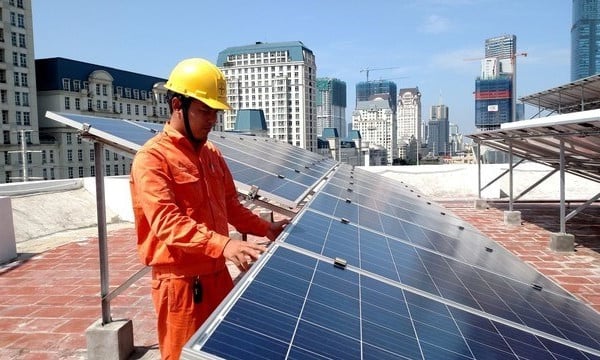















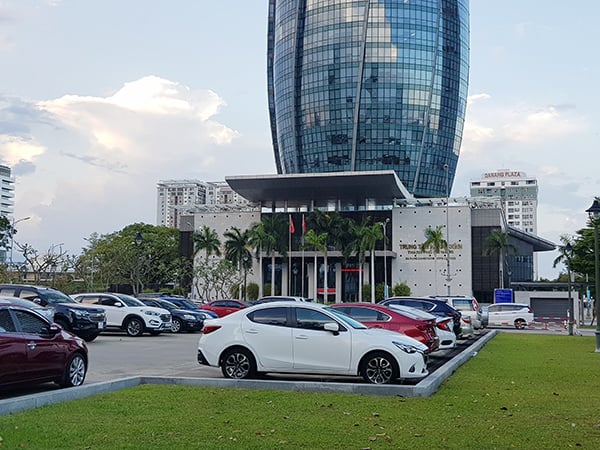





![[Photo] President Luong Cuong attends special political-artistic television show "Golden Opportunity"](https://vstatic.vietnam.vn/vietnam/resource/IMAGE/2025/8/22/44ca13c28fa7476796f9aa3618ff74c4)




































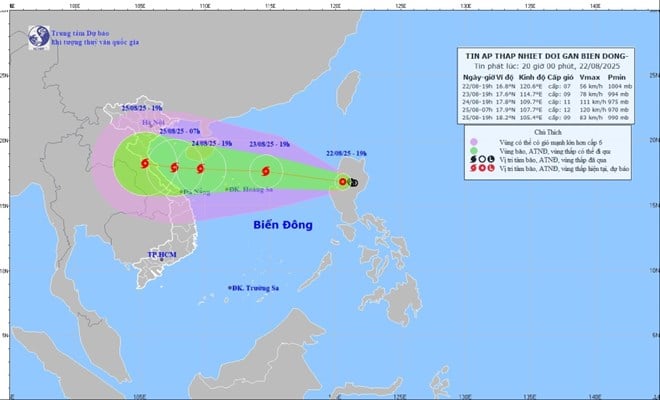

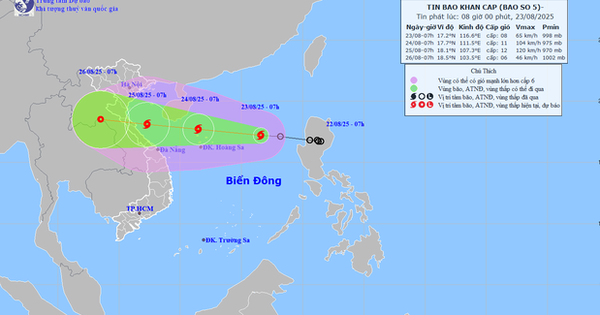


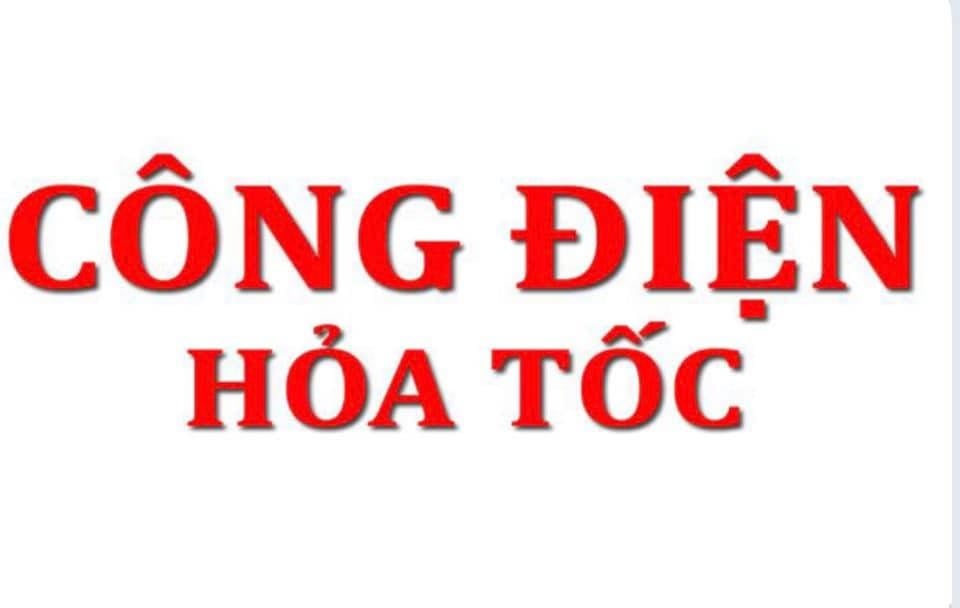





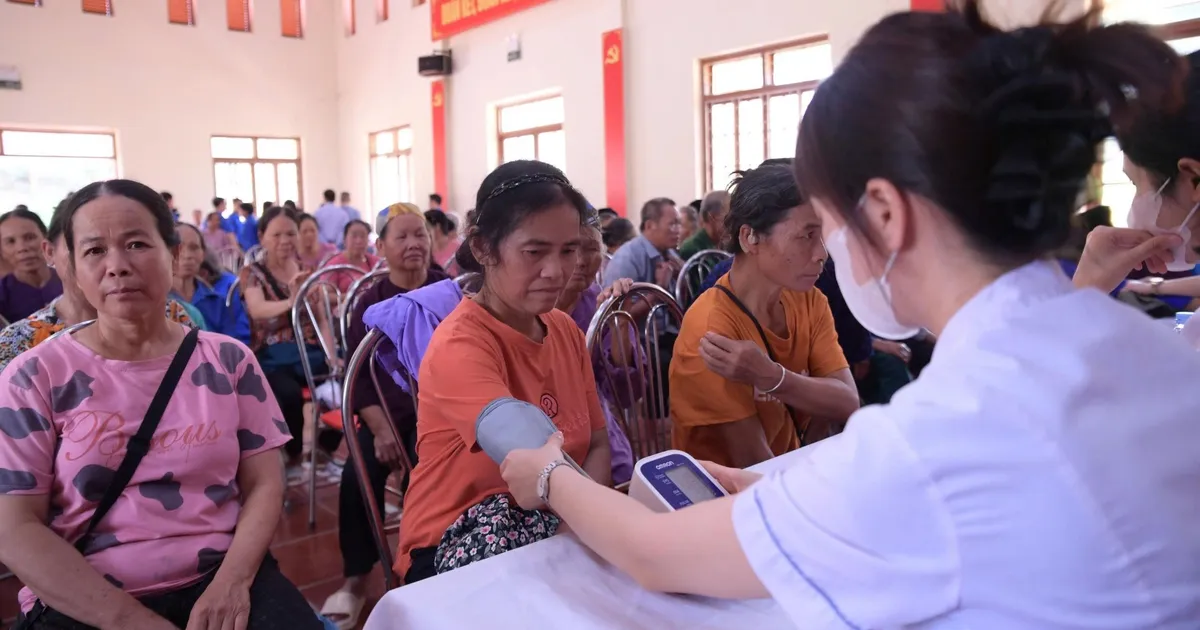





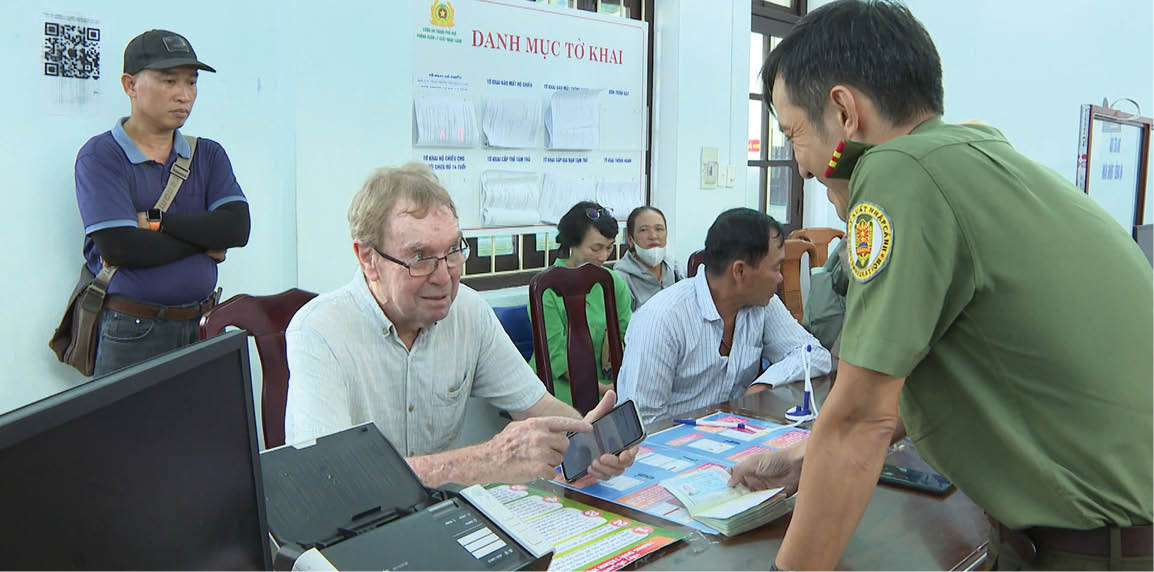
















Comment (0)